Optimal Timing for Foundation Repairs
Foundation repairs are most effective when performed under optimal environmental conditions. The timing of repairs can influence the durability and success of the work, making it essential to choose the right season or weather conditions for the project.
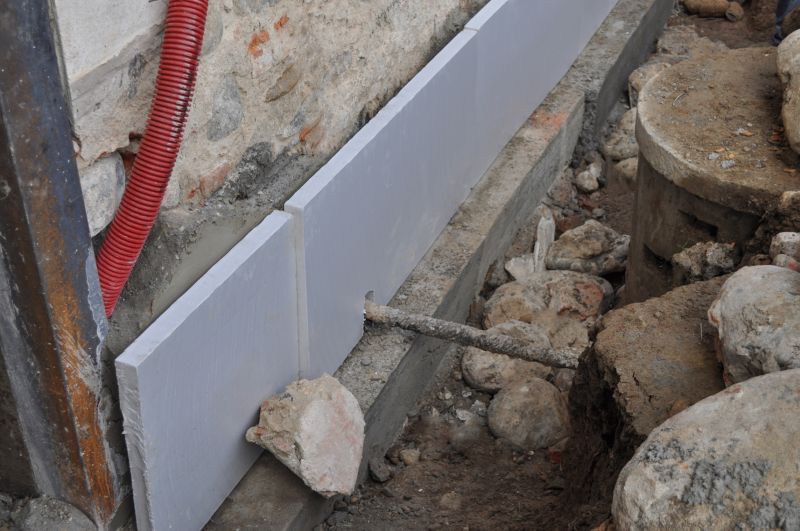
Spring offers moderate temperatures and stable ground conditions, ideal for foundation work.
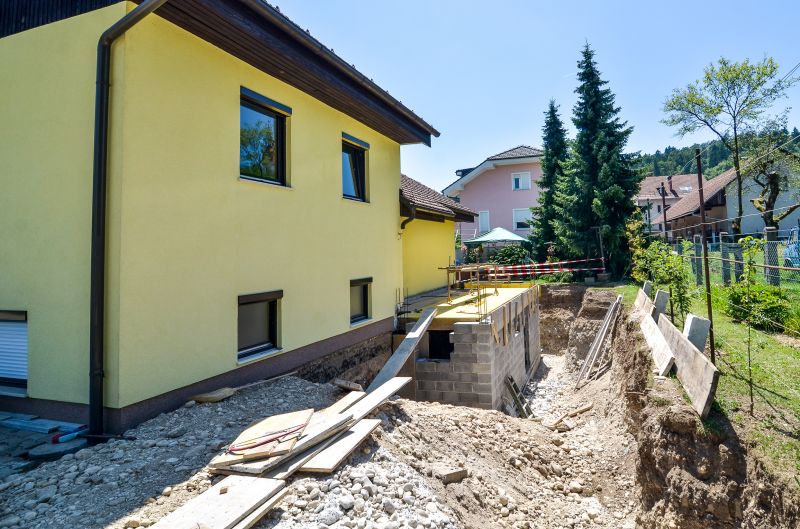
Summer provides longer daylight hours, but high temperatures and dry soil can pose challenges.
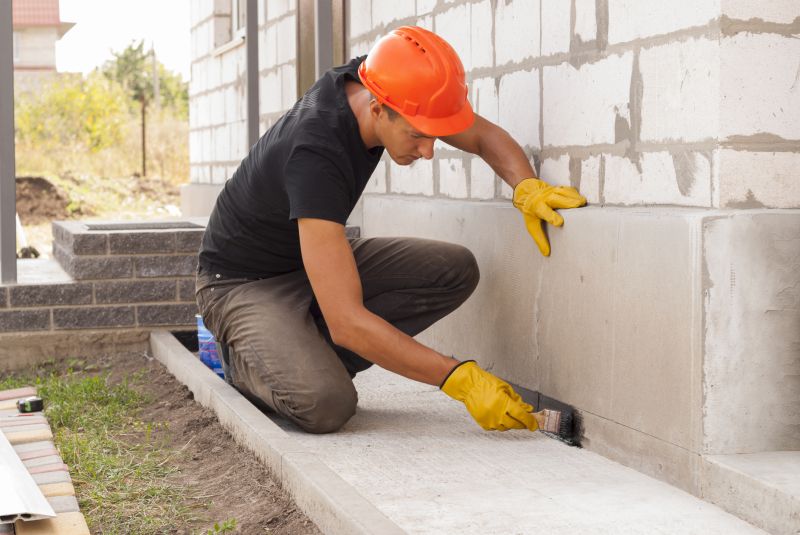
Fall often features cooler temperatures and less moisture, suitable for many repair methods.
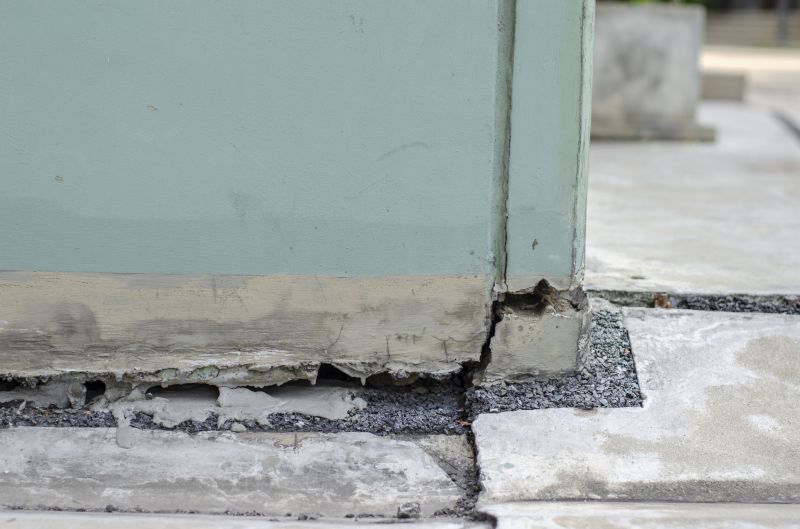
Winter is generally less favorable due to freezing temperatures and frozen ground, which can hinder repair processes.
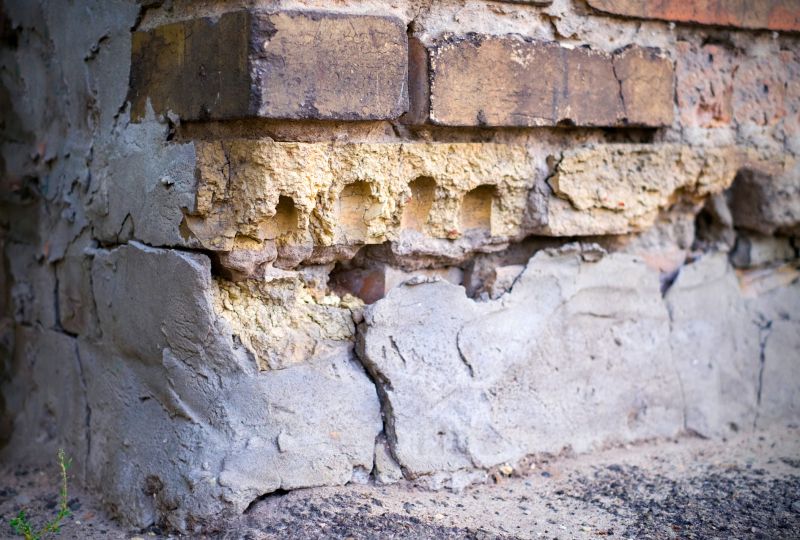
Dry, moderate weather with minimal rainfall ensures the best conditions for foundation repairs.
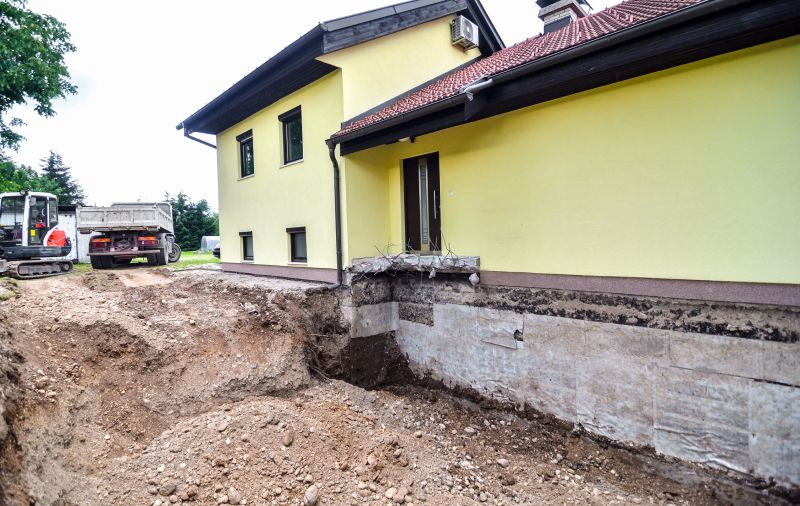
Understanding seasonal soil expansion and contraction helps determine the best time for repairs.
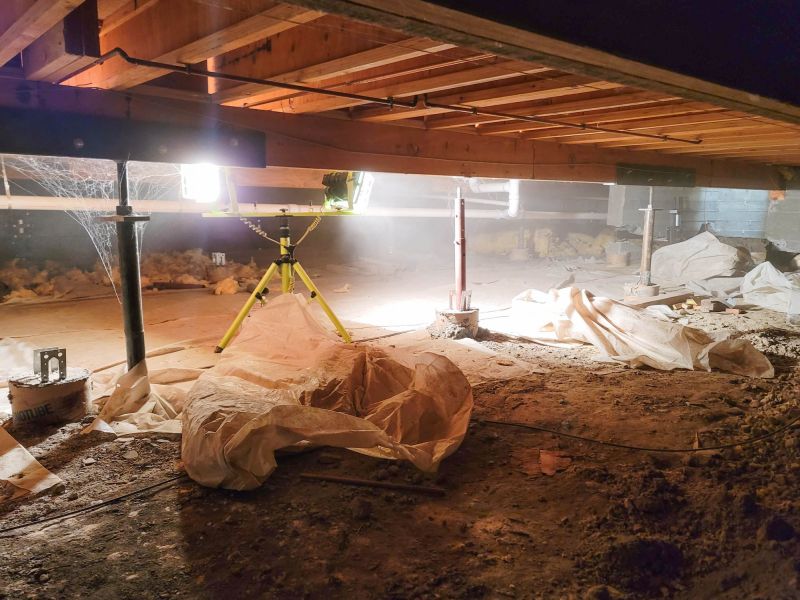
Ways to make Foundation Repairs work in tight or awkward layouts.
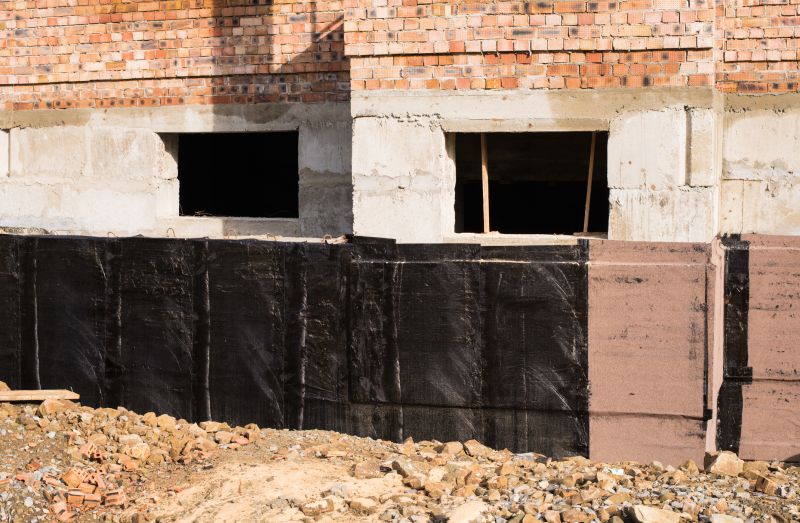
Popular materials for Foundation Repairs and why they hold up over time.
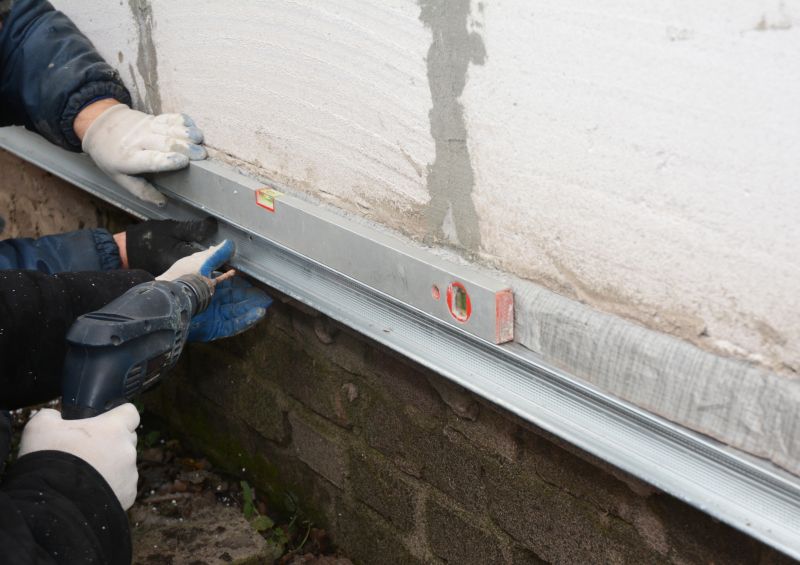
Simple add-ons that improve Foundation Repairs without blowing the budget.
Foundation repairs are crucial for maintaining the structural integrity of a building. They address issues such as settling, cracking, and shifting that can compromise safety and property value. Proper timing of repairs minimizes disruptions and enhances the longevity of the repairs performed.
Cracks in walls, uneven floors, and sticking doors may indicate foundation issues requiring repairs.
Common methods include underpinning, piering, and slab jacking, tailored to specific foundation problems.
Addressing foundation issues early prevents further damage and costly repairs later.
Soil type, weather conditions, and the extent of damage all impact the ideal timing for repairs.
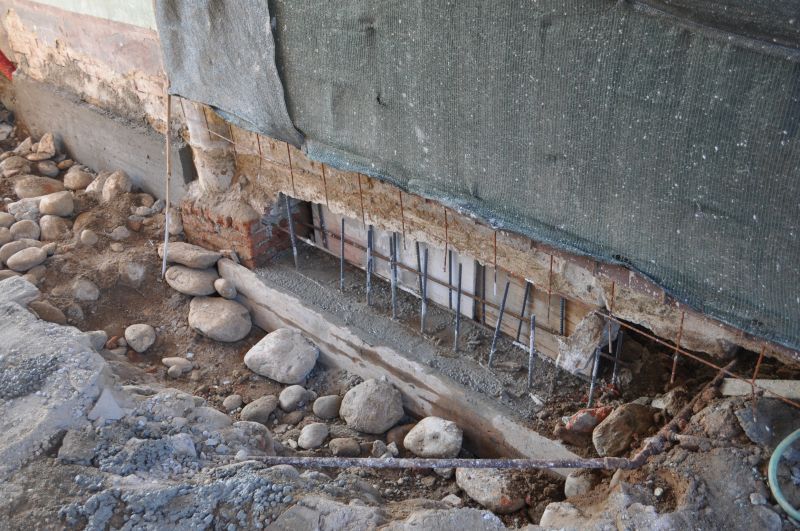
Workers performing underpinning in a residential setting.
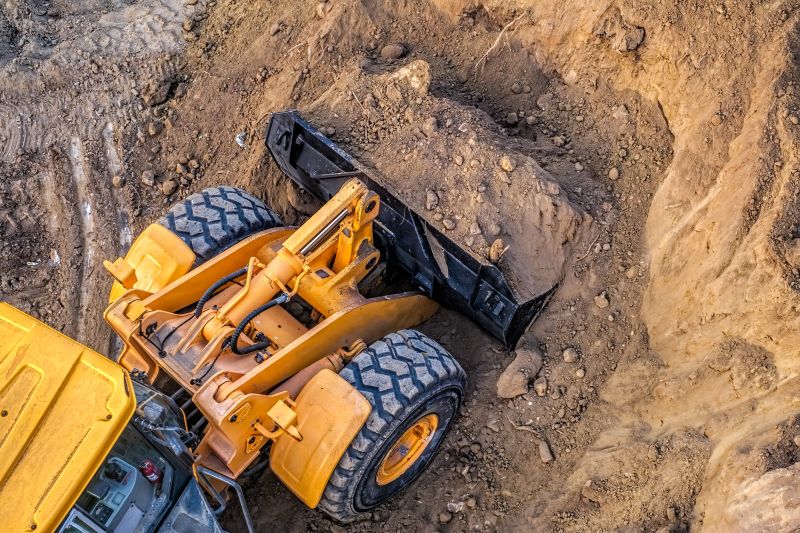
Equipment used for soil stabilization before foundation repair.
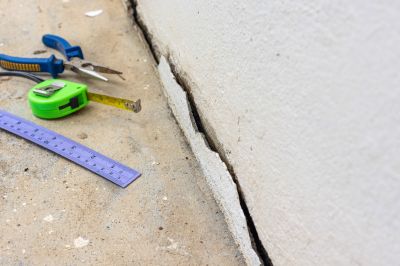
Close-up of crack injection techniques.
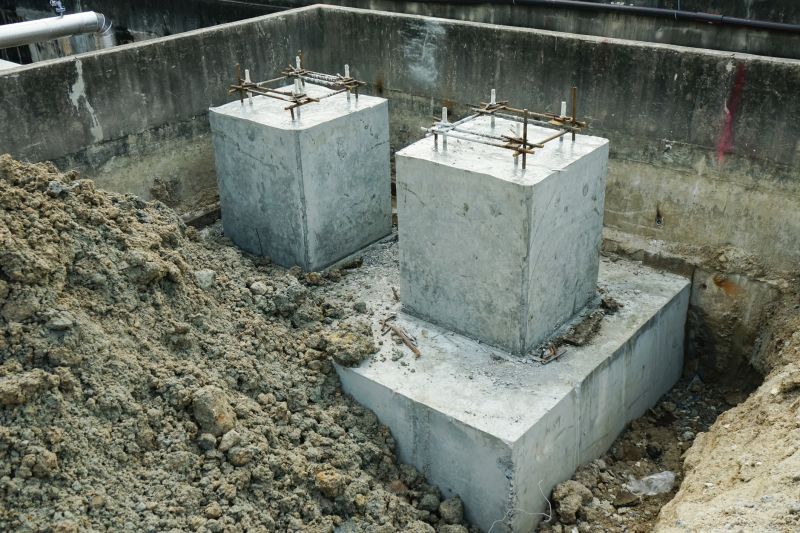
Installation of piers to lift and stabilize a foundation.
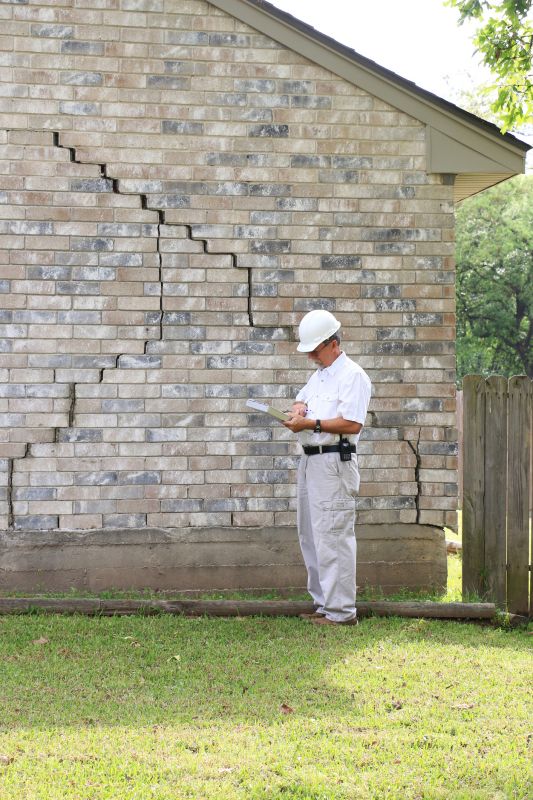
Professional inspecting a foundation for signs of damage.
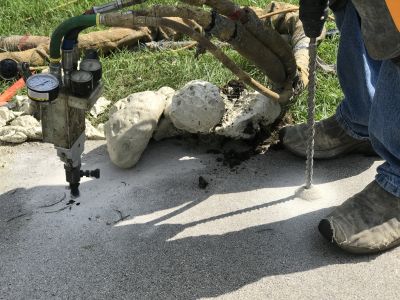
Excavators and jacks used during foundation stabilization.
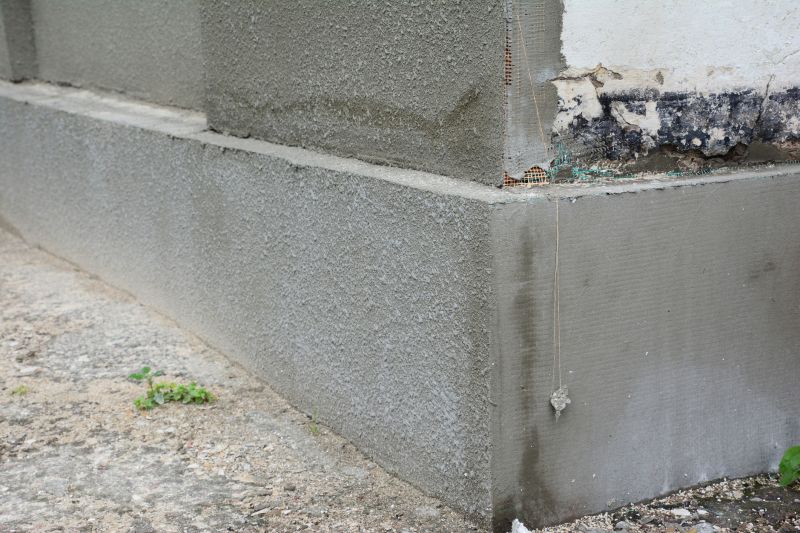
Finished foundation repair with clean and stable structure.
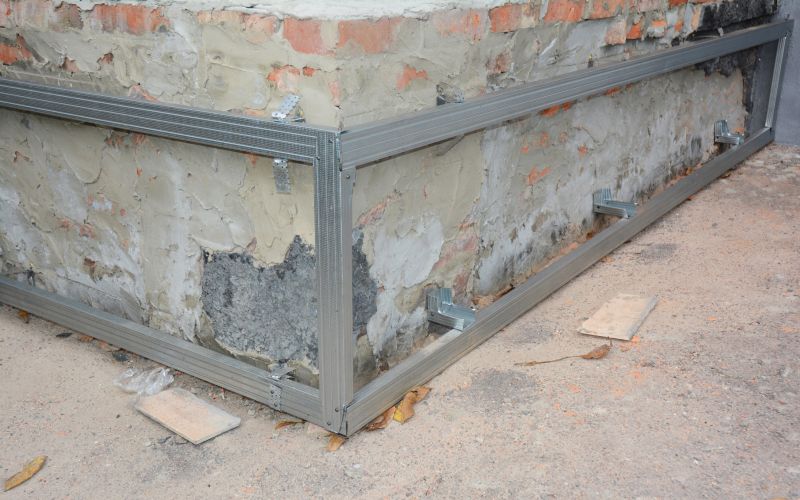
Reinforcing concrete with steel supports.
| Season | Ideal Conditions |
|---|---|
| Spring | Moderate temperatures, stable ground, minimal rain |
| Summer | Long daylight hours, but risk of high heat |
| Fall | Cooler temperatures, less moisture |
| Winter | Freezing temperatures, frozen ground, generally unsuitable |
Timely foundation repairs help prevent further structural damage and maintain property value. Considering seasonal weather patterns and soil conditions can ensure repairs are performed when conditions are most favorable, leading to better outcomes and longer-lasting results.
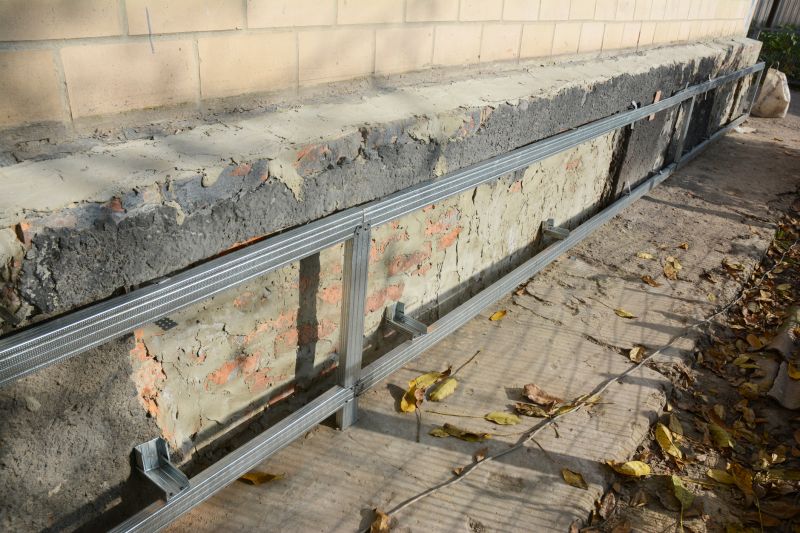
A completed foundation stabilization project.
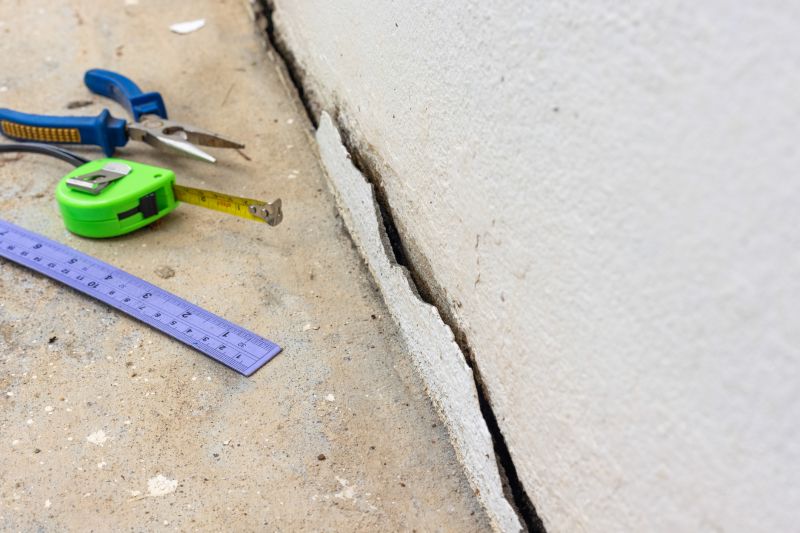
Tools used to assess soil conditions before repairs.
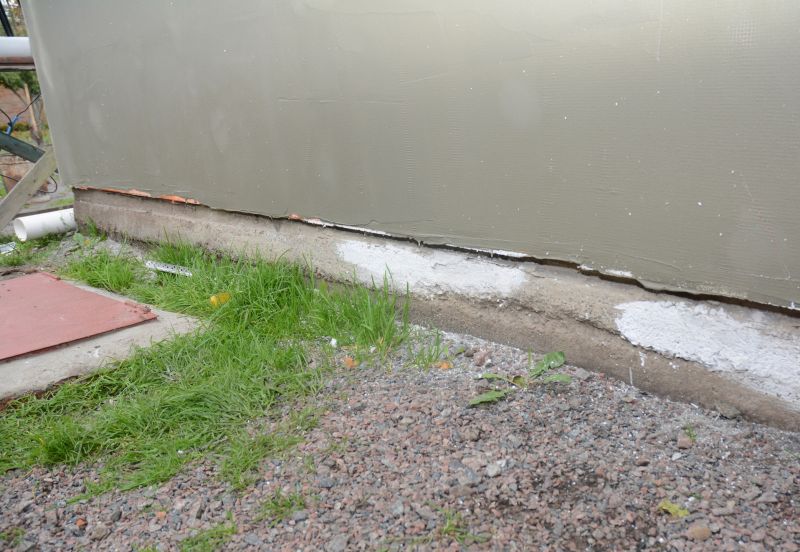
Professional evaluating foundation issues.
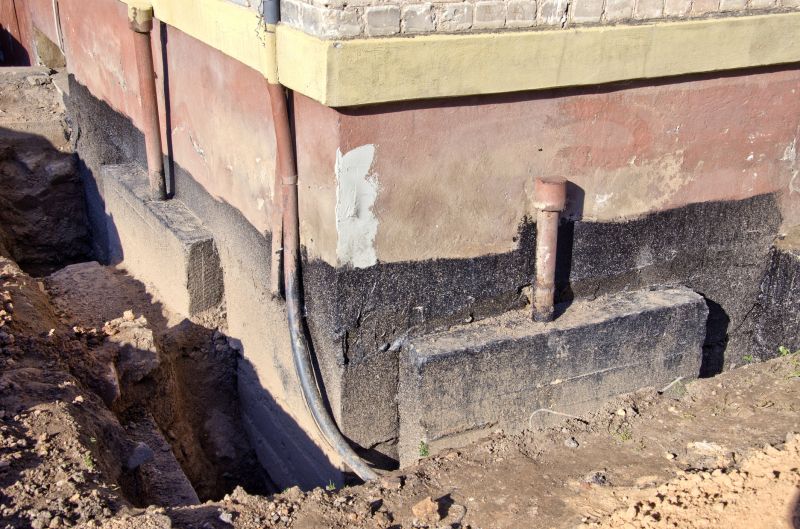
Steel supports installed during repair process.
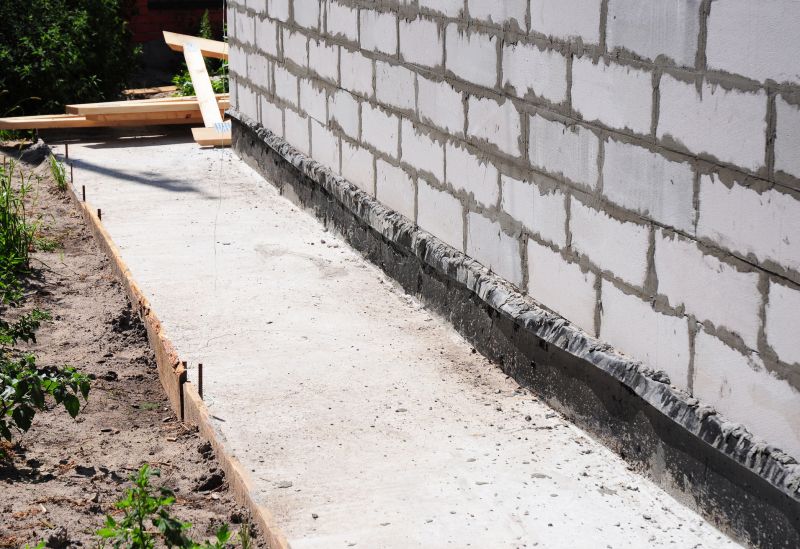
Finishes and colors that play nicely with Foundation Repairs.
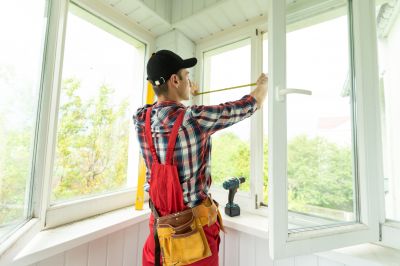
Little measurements that prevent headaches on Foundation Repairs day.
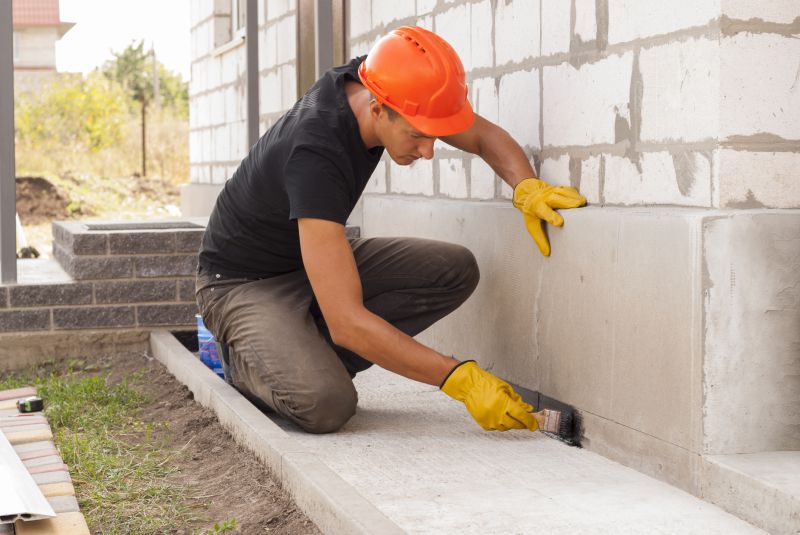
A 60-second routine that keeps Foundation Repairs looking new.
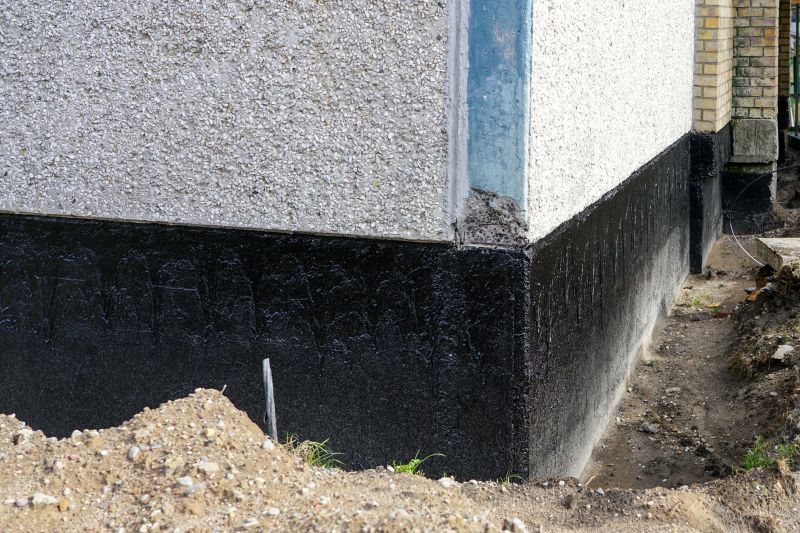
A frequent mistake in Foundation Repairs and how to dodge it.
Interested in foundation repairs? Filling out the contact form can provide more information and help schedule an assessment to determine the best timing and solutions for property needs.



